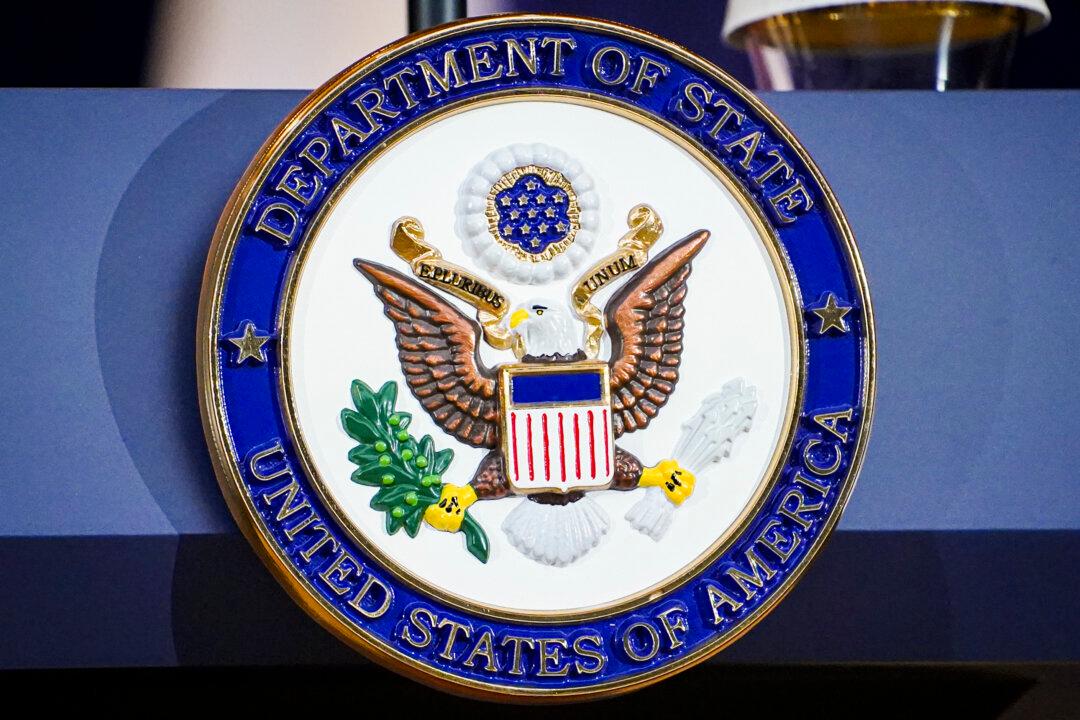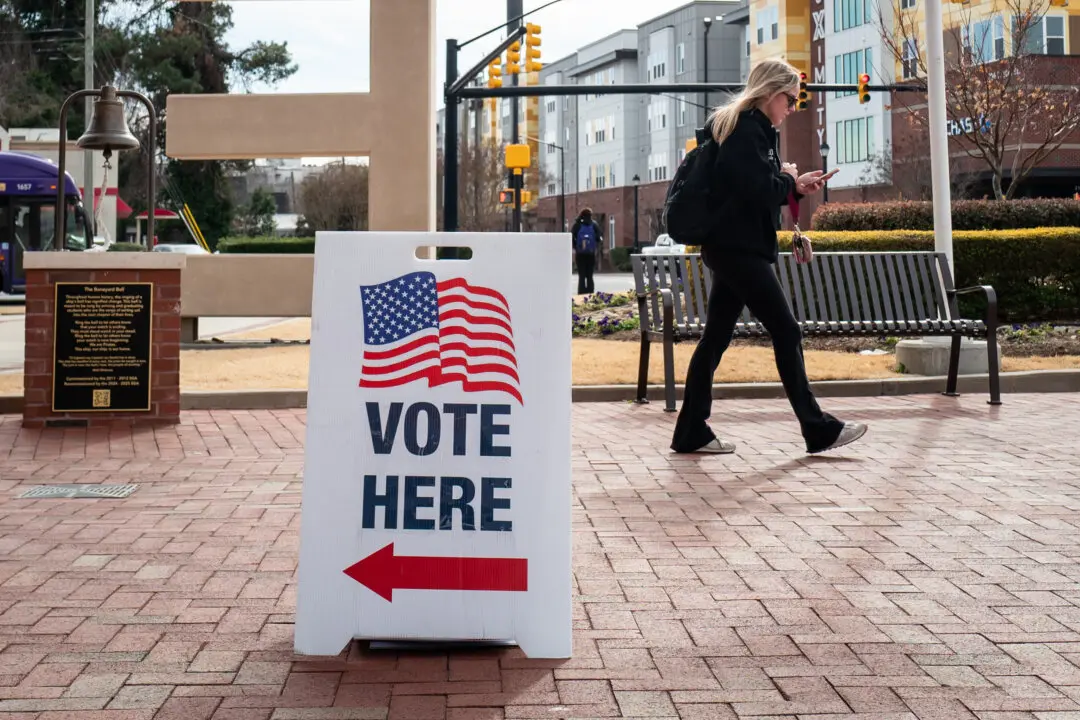Assistant Secretary of State Brett Holmgren said on May 30 that abuses of Section 702 of the Foreign Intelligence Surveillance Act (FISA) are “disturbing,” but he said the program should continue.
Holmgren, who oversees the State Department’s Bureau of Intelligence and Research (INR), emphasized the national security and diplomatic uses of 702, downplaying abuses.




